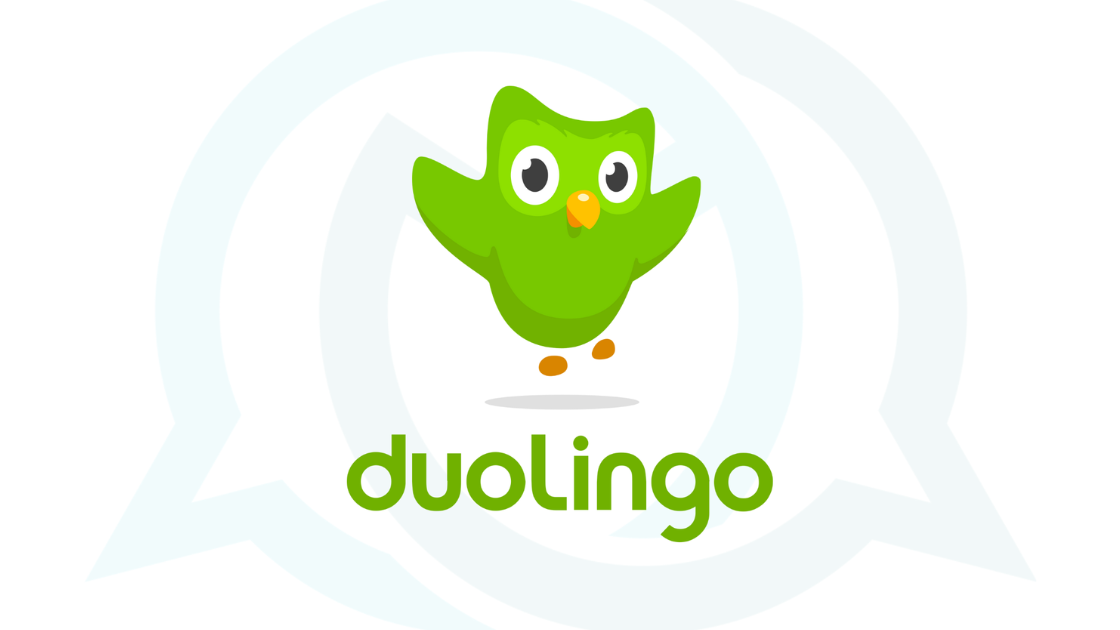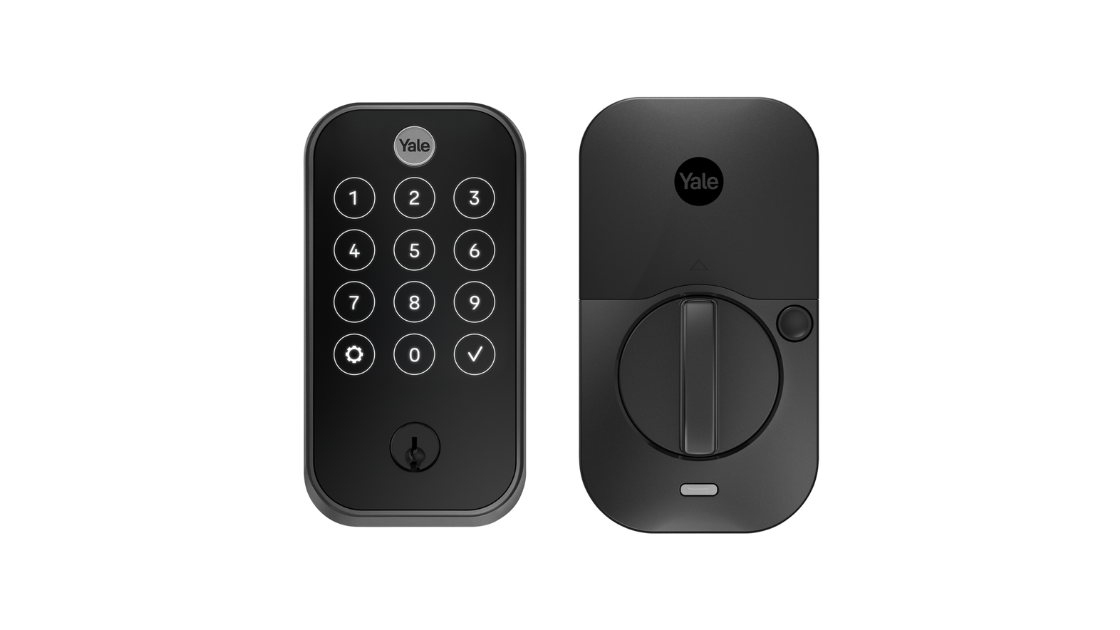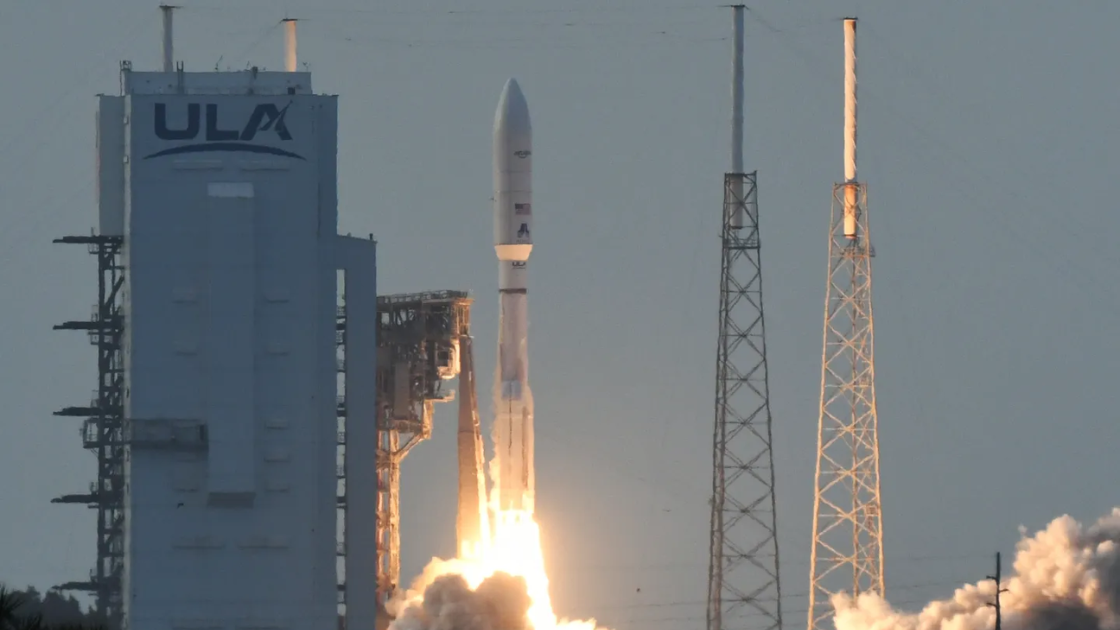Don’t miss what’s happening in the world of tech! We’re wrapping up all the major headlines from the week in this week’s blog. From Duolingo AI to Amazon’s satellite launch, and more, we have you covered. Check out the latest technology news below!
Duolingo Doubles Its Catalog with 148 New AI-Built Language Courses
 Duolingo is rolling out 148 new language courses. The app’s seven most-studied languages—Spanish, French, German, Italian, Japanese, Korean, and Mandarin are now available in all 28 app interface languages. Duolingo used generative AI and a “shared content” system to create and customize courses in under a year. Likewise, Duolingo shared that this process originally took years to create. AI now handles much of Duolingo’s content generation and validation, while learning-design experts focus on quality control that is aligned with CEFR standards. CEO Luis von Ahn says Duolingo is becoming “AI-first,” prioritizing automation in hiring and reviews. Of course, Duolingo stated that it has no plans to cut full-time staff. The expansion opens Duolingo’s platform to more than one billion potential learners worldwide.
Duolingo is rolling out 148 new language courses. The app’s seven most-studied languages—Spanish, French, German, Italian, Japanese, Korean, and Mandarin are now available in all 28 app interface languages. Duolingo used generative AI and a “shared content” system to create and customize courses in under a year. Likewise, Duolingo shared that this process originally took years to create. AI now handles much of Duolingo’s content generation and validation, while learning-design experts focus on quality control that is aligned with CEFR standards. CEO Luis von Ahn says Duolingo is becoming “AI-first,” prioritizing automation in hiring and reviews. Of course, Duolingo stated that it has no plans to cut full-time staff. The expansion opens Duolingo’s platform to more than one billion potential learners worldwide.
WhatsApp “Private Processing” Brings Opt-In, End-to-End Privacy to Meta AI Chats

Meta is rolling out Private Processing, an optional WhatsApp feature that routes Meta AI requests through an encrypted, OHTTP-protected relay so neither Meta, WhatsApp, nor third parties can see or store your messages once a session ends. Designed for tasks like AI chat summaries, the system deletes data after each use, invites third-party security audits, joins Meta’s bug-bounty program, and will debut “in the coming weeks.” Similar to Apple’s Private Cloud Compute but activated only when users ask, Private Processing keeps IP addresses hidden, blocks attackers unless the whole system is breached, and comes with a forthcoming security design paper to prove its guarantees.
Yale Assure Lock 2 Touch Z-Wave Lets ADT Plus Users Unlock Doors and Disarm Alarms with a Fingerprint

The new Yale Assure Lock 2 Touch with Z-Wave ($279.99) pairs directly with ADT Plus to unlock your door and disarm the security system in one fingerprint tap, replacing the discontinued Nest X Yale combo. This is Yale’s first Z-Wave smart lock with biometric access, using the new Z-Wave User Credential Command Class for secure PIN and password management over ADT’s hub. The lock also supports keypad codes, the ADT app, and traditional keys, and works with ADT’s Trusted Neighbors and Home Away automation features. While compatible with any Z-Wave 800-series hub as a regular smart lock, fingerprint-triggered alarm control is exclusive to ADT Plus for now. Available now at ADT.com, the lock aims to simplify smart-home security by combining fast, touch-based entry with seamless alarm integration.
Meta AI App Debuts Social “Discover” Feed and Full-Duplex Voice to Challenge ChatGPT

Meta has replaced its Ray-Ban View companion with a full standalone Meta AI app. The app pairs Llama 4 smarts with a new Discover feed, showing public AI prompts. The prompt replies allow users to like, comment on, share, or remix for a more social take on chatbots. Likewise, the free assistant is already integrated into Instagram, Facebook, and WhatsApp. In addition, the app lets you chat or use an opt-in, real-time voice mode powered by Meta’s full-duplex model. This, of course, allows for fast, overlapping conversation and a richer personality. Meta AI pulls profile data from Facebook and Instagram (US and Canada only) to personalize answers, remembers user details on request, and offers real-time web results plus image generation. Voice and full-duplex features launch first in the US, Canada, Australia, and New Zealand, while the Discover feed aims to demystify AI and drive engagement as Meta eyes future hardware like upgraded Ray-Ban glasses with a heads-up display.
Amazon’s Project Kuiper Launches First 27 Satellites, Begins Race With Starlink

Amazon has placed its first 27 Project Kuiper satellites in low-Earth orbit. The launch sent the satellites aloft on a ULA Atlas V from Cape Canaveral at 7 p.m. ET on April 28, 2025. The craft deployed 280 miles up and is already talking to ground stations. Likewise, this paves Amazon’s way for “high-speed, low-latency” Kuiper internet service later this year. This marks the first of 80 scheduled launches that will lift all 3,236 Kuiper satellites. Amazon’s $10 billion network aims to challenge SpaceX’s Starlink, which already has more than 7,200 satellites in orbit. ULA is upgrading its Florida facilities for a faster launch cadence. CEO Andy Jassy calls the milestone “the first step in a much longer journey.”
